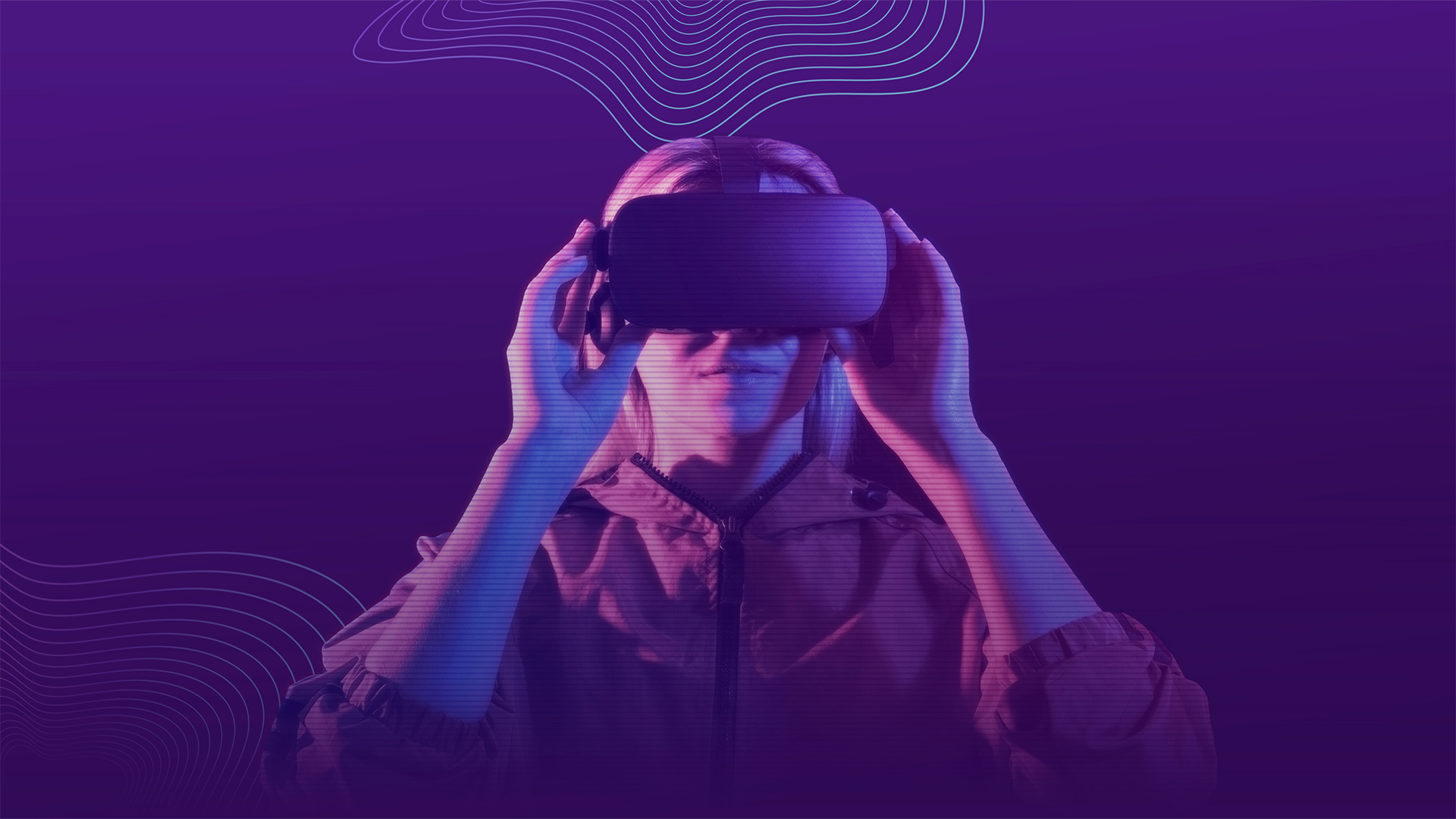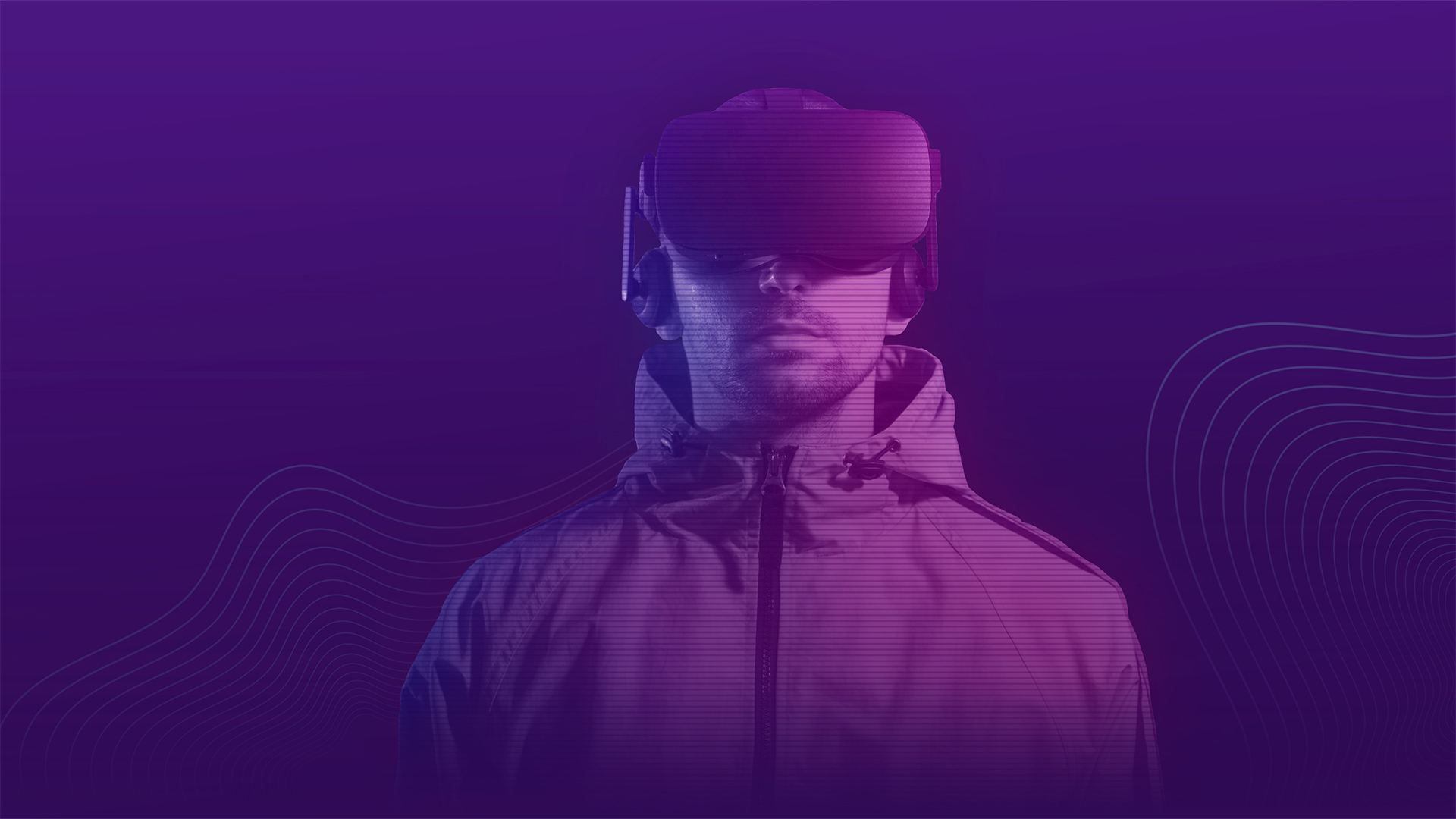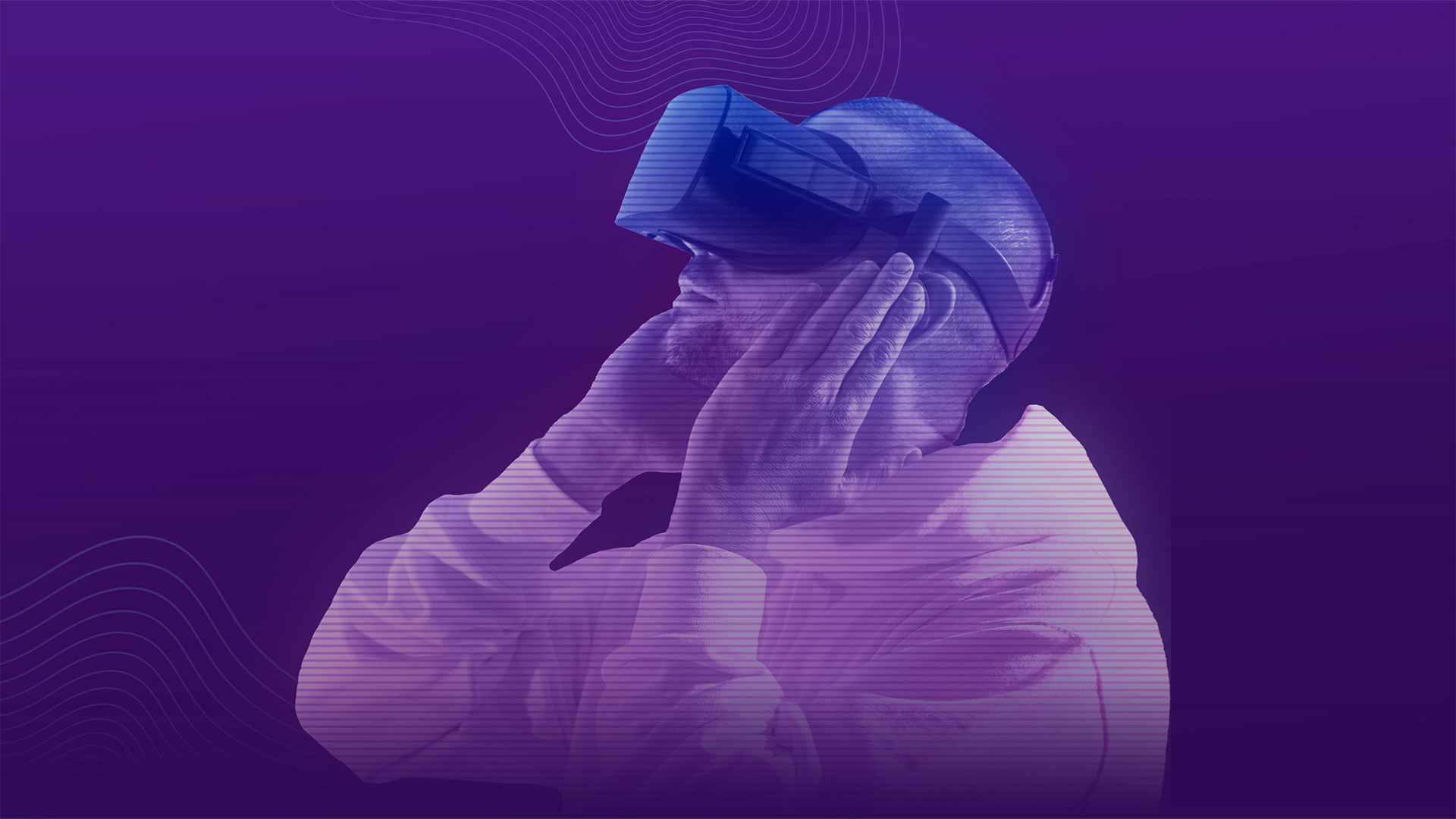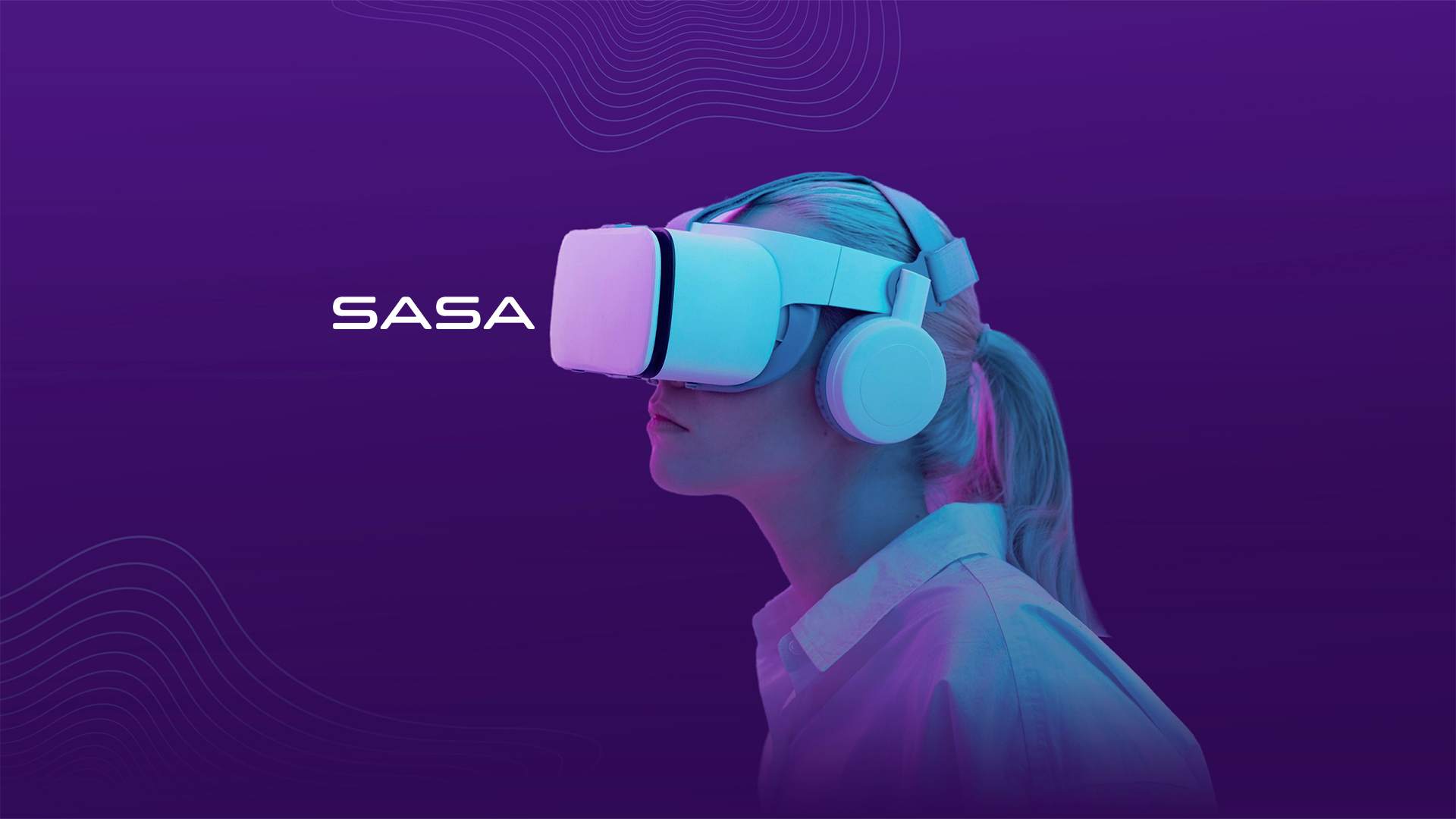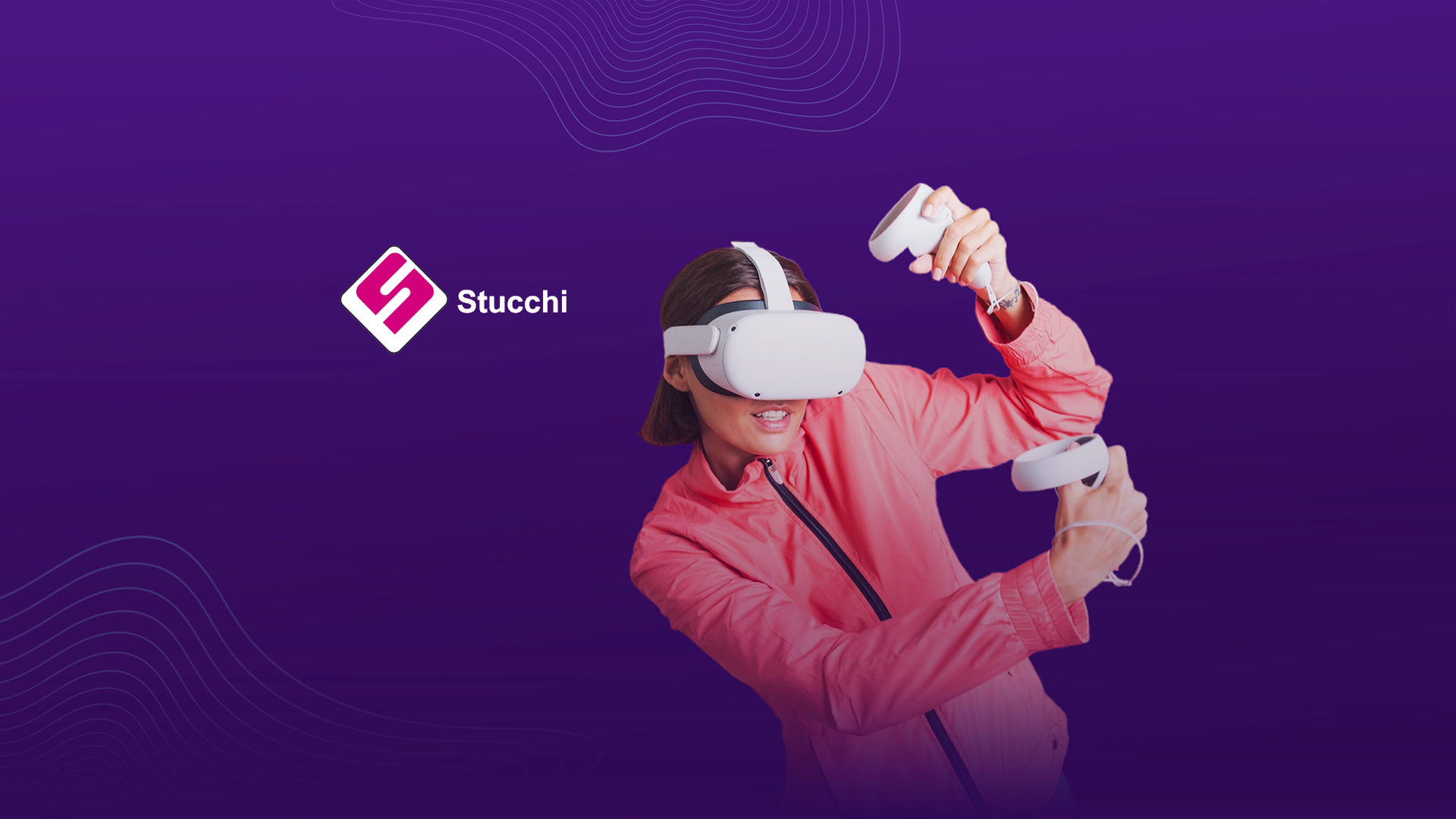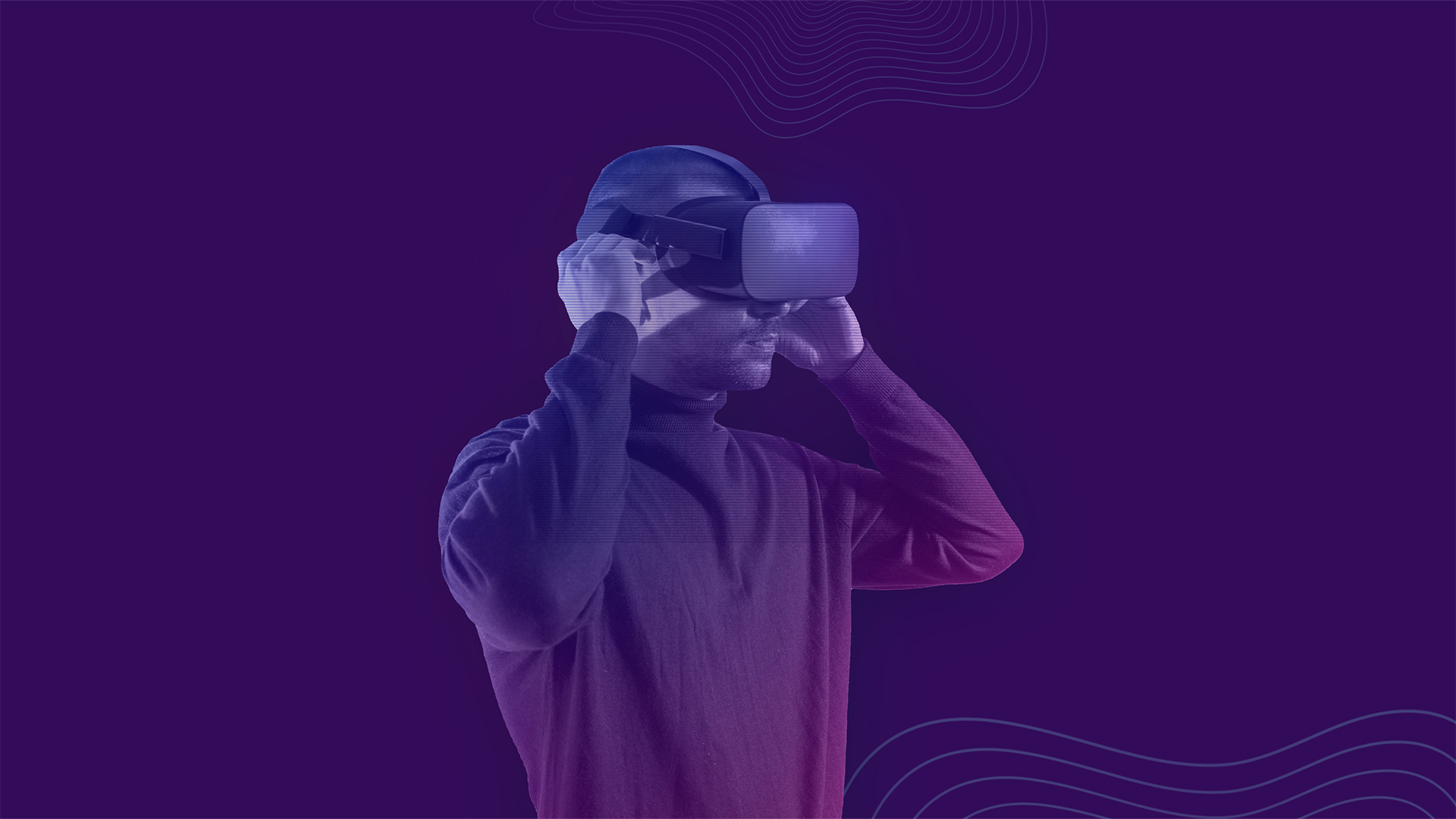XR Company
Multinational XR Company trusted by global brands for high-impact extended reality experiences both on AI powered webXR and XR App Development. Proud to complete 130+ projects globally. Boosts engagement with XR Product Launch Campaigns, XR Games, XR Marketing Campaign Projects.

Brands
Brands
VR COMPANY / XR COMPANY / 3D Animation Studio

Onboarding with VR and Orientation VR & VR for HSE Training
As a VR Company and VR Agency, we create Headquarters Virtual Tour Projects, Factory Virtual Tour Projects , Warehouse Virtual Tour Projects , Banking Virtual Orientation Gamification Interactive Training , Electrical Substation VR Occupational Training, HSE Training with VR Projects and Interactive 360VR Training Through The Eyes of an Employee projects of virtual onboarding project and virtual orientation project.

Marketing Projects with VR & VR Advergames & Smart Mirror & Virtual Showroom & VR Configurator
As a XR Company and XR Agency, we create VR Advergame Projects , Smart Mirror Solution , Factory Virtual Tour Projects , Interactive 360VR Video Production , Virtual Museum Projects, Virtual Showroom Projects, Real Estate Virtual Tour Projects , VR Configurator Projects , WingGo VR Flight Simulator and Ai Virtual Influencer.

3D Animation Video & Product 3D Modeling & CGI Video Projects
As a 3D Animation Studio and CGI Studio , we create 3D Animation Video Projects , Product 3D Modeling Videos , CGI Video Projects , 3D VR Video Projects , Product Visualization , Architectural Visualization as 3D Animation Video and CGI Video Series.

Ai Smart Mirror Virtual Try On for Retail Solutions
Ai Powered XR Company Redpanda Interactive, we transform the way customers shop with our AI Smart Mirror solution for retail which is an XR based designed for fashion and cosmetics. Let shoppers virtually try on outfits, accessories, and makeup in real time—no lines, no changing rooms. Our advanced Ai body recognition and XR 3D visualization technology delivers a seamless, personalized experience that boosts confidence, increases conversions, and reduces returns.
OUR VR PROJECTS
OUR VR PROJECTS
WEb 3.0 vr xr tech company
With an inhouse crew of innovative magicians, 2012 born Redpanda Interactive is a multinational VR Agency and XR Studio with a proven record of finalizing 130+ projects in 18 countries.
Our main focuses are to create Product Launch Campaigns with XR, Factory Virtual Visit projects, Headquarters Virtual Visit projects, Occupational Training with Virtual Reality, Health and Safety Training with Virtual Reality, Virtual Reality Working at Heights Simulation, Real Estate Virtual Tour from 3D Renders, Yacht VR Configurator, VR Games, Virtual Showroom Projects, VR Flight Simulator, 360-degree Video Production, CGI Video Series, MirrAR AI Smart Mirror Solution for Retail, 3D Animations, and Artificial Virtual Influencers.
Technology Partners
Technology Partners
Blog
We develop virtual experiences
Efficiently incubate out-of-the-box processes and optimal best practices with cutting-edge technology.









































































































